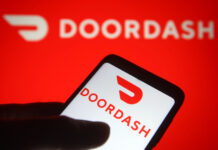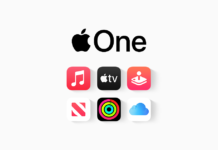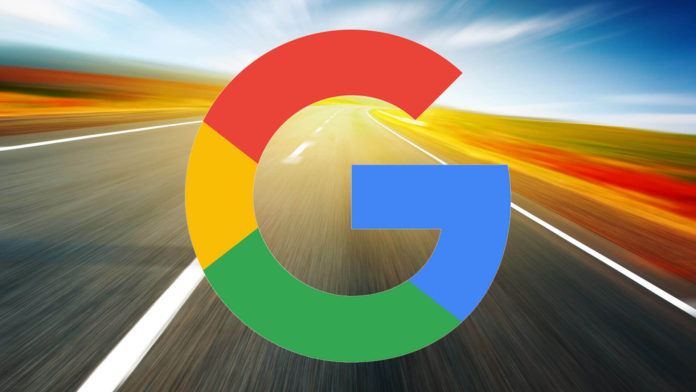Vijay Shekar Sharma, CEO of payments company Paytm, practically a household name in India, has declared war on Google for practices that he, in addition to a multitude of other tech startup CEOs, consider to be unfair and monopolistic
Sharma and Paytm were stunned, not just to be notified by a perfunctory email, which was then followed by a delisting, but because the accusation was about a scratch card-based cashback feature linked to a cricket game on the app, not unlike what Google itself has pursued via its own payments service in the past, according to Paytm.
Google stood its ground, however.
“Offering cashbacks and vouchers alone do not constitute a violation of our Google Play gambling policies. Our policies don’t allow online casinos or support any unregulated gambling apps that facilitate sports betting, including daily fantasy sports in India,” it responded in an emailed statement.
Over 90% of India’s 700 million smartphones use Google’s Android operating system so there’s really no alternative. According to a Financial Express report, Google Play hosts 131,625 apps from more than 26,835 Indian publishers.
But luckily for Sharma, he at least has an ally in the US Justice Department who, just a week ago, filed the biggest anti-trust lawsuit against Google’s parent Alphabet since the one against Microsoft in the late 1990s.
The last time the tech world saw a crisis of this magnitude surrounding monopolistic practices was back in 1999, when Microsoft’s Windows operating system forced Internet Explorer, the company’s browser, to all PC users.
Coming back to the modern day, here are some questions that Indian tech entrepreneurs are faced with every day: Guess who has the biggest browser market share in the world today? The largest mobile OS share in the world today? The largest app store in the world today? What about the largest number of internet searches?
The answer to all four, as you may have guessed, is Google. This is the ecosystem that entrepreneurs have begun railing against.
Meanwhile, for Google, the big question is how much should a gatekeeper toll be? Is 30% a carefully calibrated number that is related to the running of the Play Store’s infrastructure and its admittedly enviable security around payments? Or is it simply arbitrary?
“I think we’re realizing that 30% is way too much,” Phillip Shoemaker, a former senior App Store executive, said in a recent New York Times article.












































